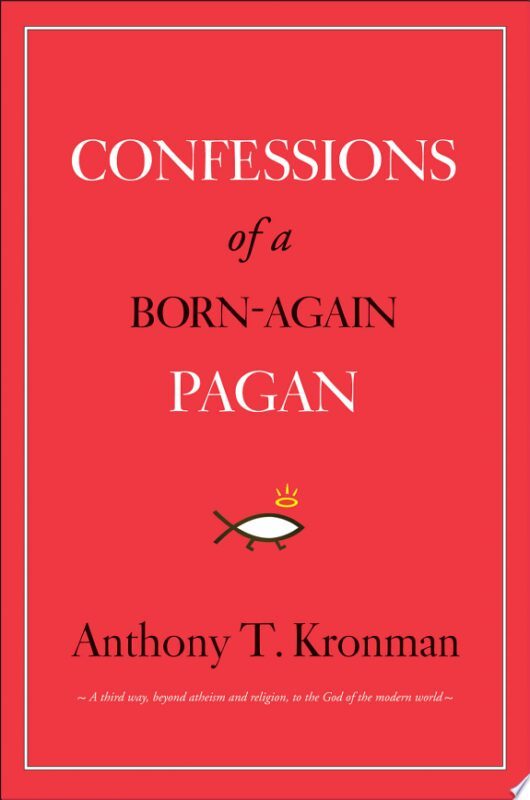Legal Malpractice: A Grand Prize Winner
Michael Sean Quinn, Ph.D, J.D., Etc.
Quinn and Quinn
1300 West Lynn #208
Austin, Texas 78703
(o) 512-296-2594
(c) 512-656-9759
mquinn@msqlaw.com
(Resumes at www.michaelseanquinn.com)
“SCREWING” A KID WITH SPECIAL NEEDS
Sometimes if a lawyer (L) commits malpractice and injures a client (C), C can collect appropriate damages. Sometimes, courts will step in and punish the lawyer. Sometimes not; sometimes nothing happens.
In one case relatively recent case, a criminal lawyer failed to bring the attention of prosecutors and trial judge various data establishing that a child of 16 read at a first grade level, did not understand important propositions asserted to him and simple questions put to him and had an IQ of 63. The kid killed somebody, was found guilty of murder, and the court of appeals refused to take a serious look at the conduct of the case below and affirmed.
A case seeking habeas corpus was filed in the federal court system. The district court granted the writ. The state appealed, to its shame. And the 7th Circuit affirmed in a blistering opinion. The court recognized the deep and outrageous conduct of the lazy, inattentive, irresponsible, uncaring, and ignorant lawyer. Maybe the court did something more than the opinion, but its opinion does not say anything about it, and there is no data that any such thing happened. At least I haven’t found any.
Sometimes federal courts report lawyer conduct to state bar associations.This happened in 2013 and 2013 in the so-called “Prenda” cases–intellectual property fraud cases. That was not done in this case, so far as the available records seem to say. Perhaps the passage of time made such a report pointless. That doesn’t strike me as real justice. More than a decade has passed since the state trial occurred in 2002, the deceased child was caused death in 2001, but the boy injured, forgotten, and left to rot by his lawyer spend those last 10 years in places he in particular should not have been. Like in court or any other practice of law, for example.
See Newman v. Harrington, Warden, 726 F.3d 926 (7th Cir. 2013)
Read More


Recent Comments